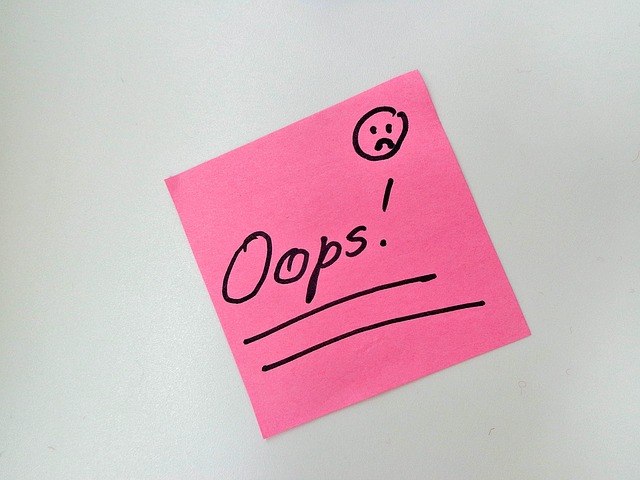
Before we present this week’s Weekend Reads, a question: Do you enjoy our weekly roundup? If so, we could really use your help. Would you consider a tax-deductible donation to support Weekend Reads, and our daily work? Thanks in advance.
The week at Retraction Watch featured:
- A clinical trial about COVID-19 by a convicted felon
- A journal that published a critical letter and then said it was a mistake
- A retraction with ‘rectitude‘
- A group that tried to publish the same paper three times
How many papers about COVID-19 have been retracted? We’ve been keeping track, as part of our database. Here’s our frequently updated list.
Here’s what was happening elsewhere:
Continue reading Weekend reads: Hydroxychloroquine paper earns correction; company allegedly fakes COVID-19 data; why retractions fail




